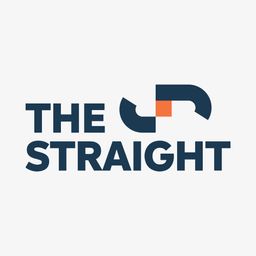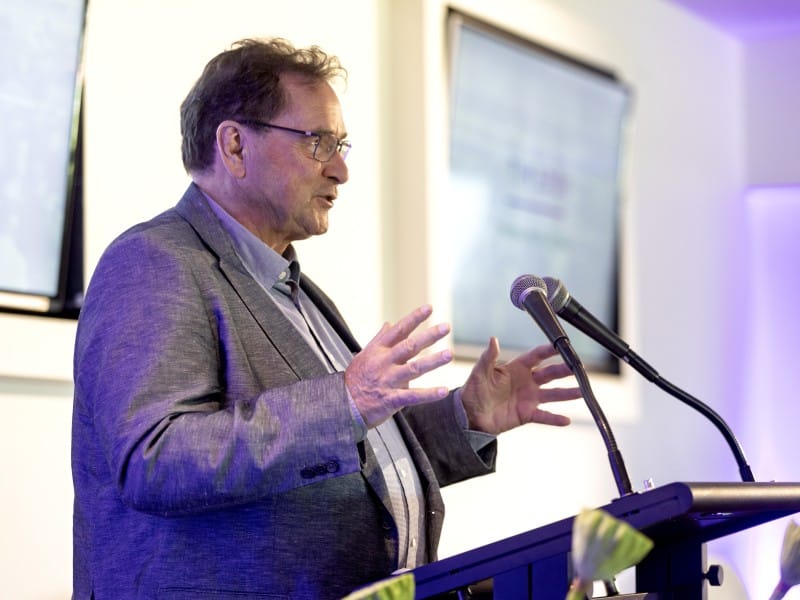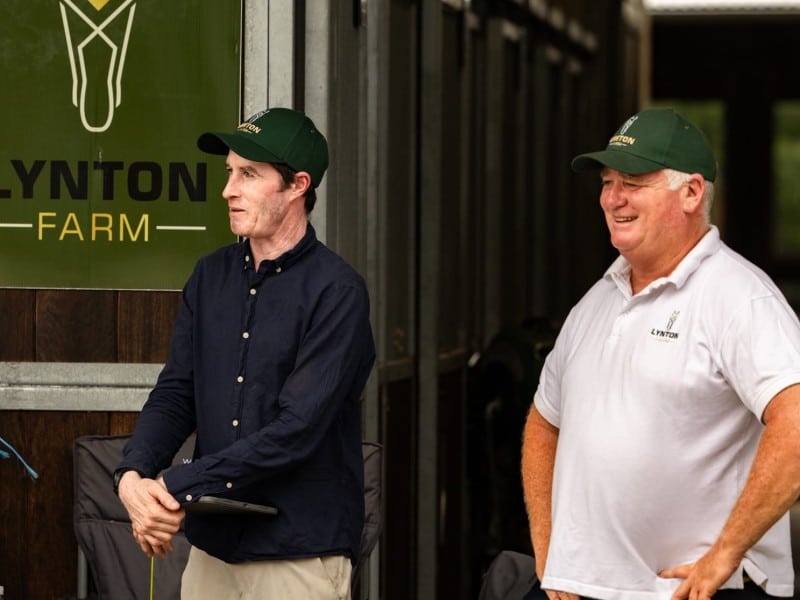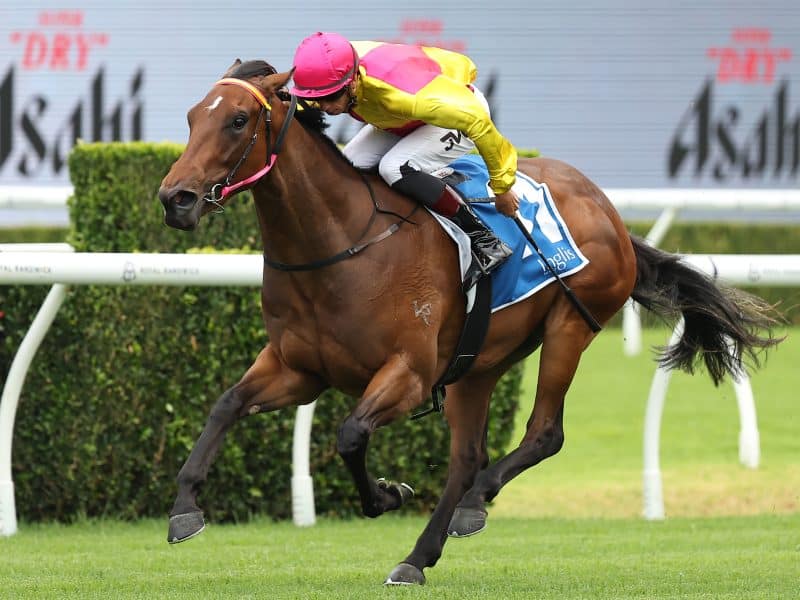‘We’ve come a long way’ – Tabcorp’s fortunes turn around on Victorian deal and leaner model
The impact of the new Victorian racing licence and a focus on reducing key costs has delivered Tabcorp growth in both revenue and EBITDA through the 2024/25 financial year.
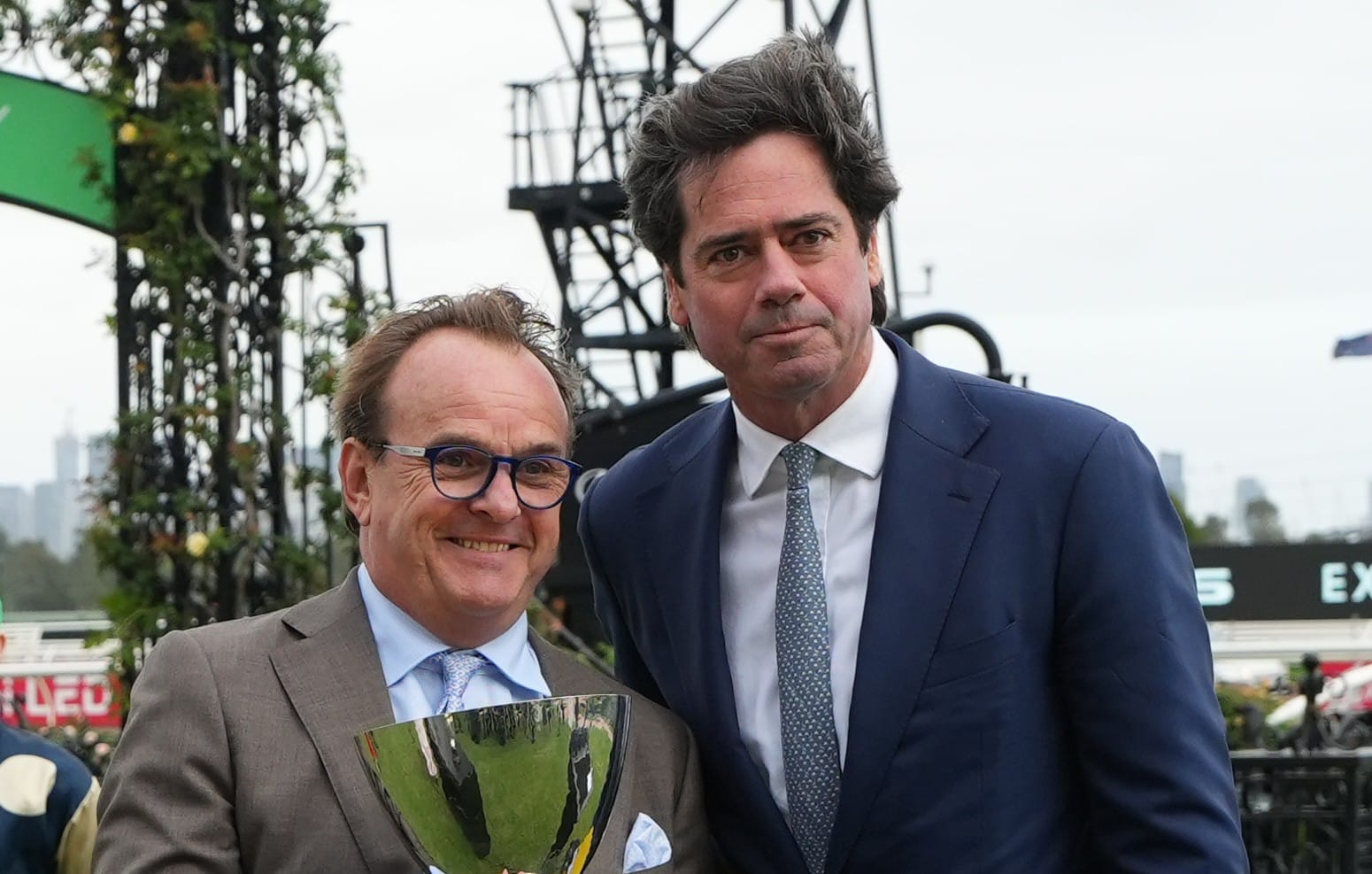
Chief executive Gillon McLachlan, who has been in the role for just over a year, praised a much “fitter” Tabcorp model, confirming a much healthier set of numbers than this time last year when the wagering giant reported $1.4 billion in losses.
This time around, group EBITDA was reported at $391.5 million, growth of 23.2 per cent on last year, with revenue up 11.8 per cent to $2.6 billion.
The uplift from the impact of the new Victorian licence drove nearly all of that growth, although Tabcorp reported it has banked $39 million in operational savings after a string of well-publicised staff reductions. It also lifted integrity services revenue and posted a net profit after tax of $49.5 million.
“Today’s pleasing results are the outcome of creating a fitter company,” McLachlan said.
“We have increased our wagering and media capability at the leadership level, developed a simpler, more cost-effective operating model and are operating with a bias for action and increased accountability.”
“We have an evolved strategy with a broader focus on unlocking the value that lies within our unique asset base. We have commenced executing the strategy, including the creation of a structurally profitable retail business that will, in time, increase patronage to pubs and clubs with a true omnichannel offering.”

The stock market reacted emphatically to the news with Tabcorp’s share price jumping from 70 cents to 88 cents on Wednesday, taking its market cap to close to $2 billion.
While McLachlan has led a considerable turnaround in the company’s fortunes, the Victorian wagering deal, which contributed much of the growth in the past financial year, was orchestrated by his predecessor Adam Rytenskild.
When it was announced in December 2023, it was projected to generate around $130 million a year in EBITDA uplift. While that figure was based on the 2023 numbers, and the wagering industry has cooled since then, the uplift across 10-1/2 months of the new deal was $83.7 million, somewhat short of that mark.
Tabcorp is working on reviewing its deal in NSW to get similar terms as it has in Victoria. McLachlan said that process is expected to ramp up in the coming months, but is not expecting a quick resolution.
Tabcorp also confirmed that racing turnover has dropped 4 per cent over the past 12 months, while sport turnover had grown 5.3 per cent.
Another interesting aspect of the Tabcorp results was that cash wagering grew 17.5 per cent to $965.7 million, outperforming growth in digital.
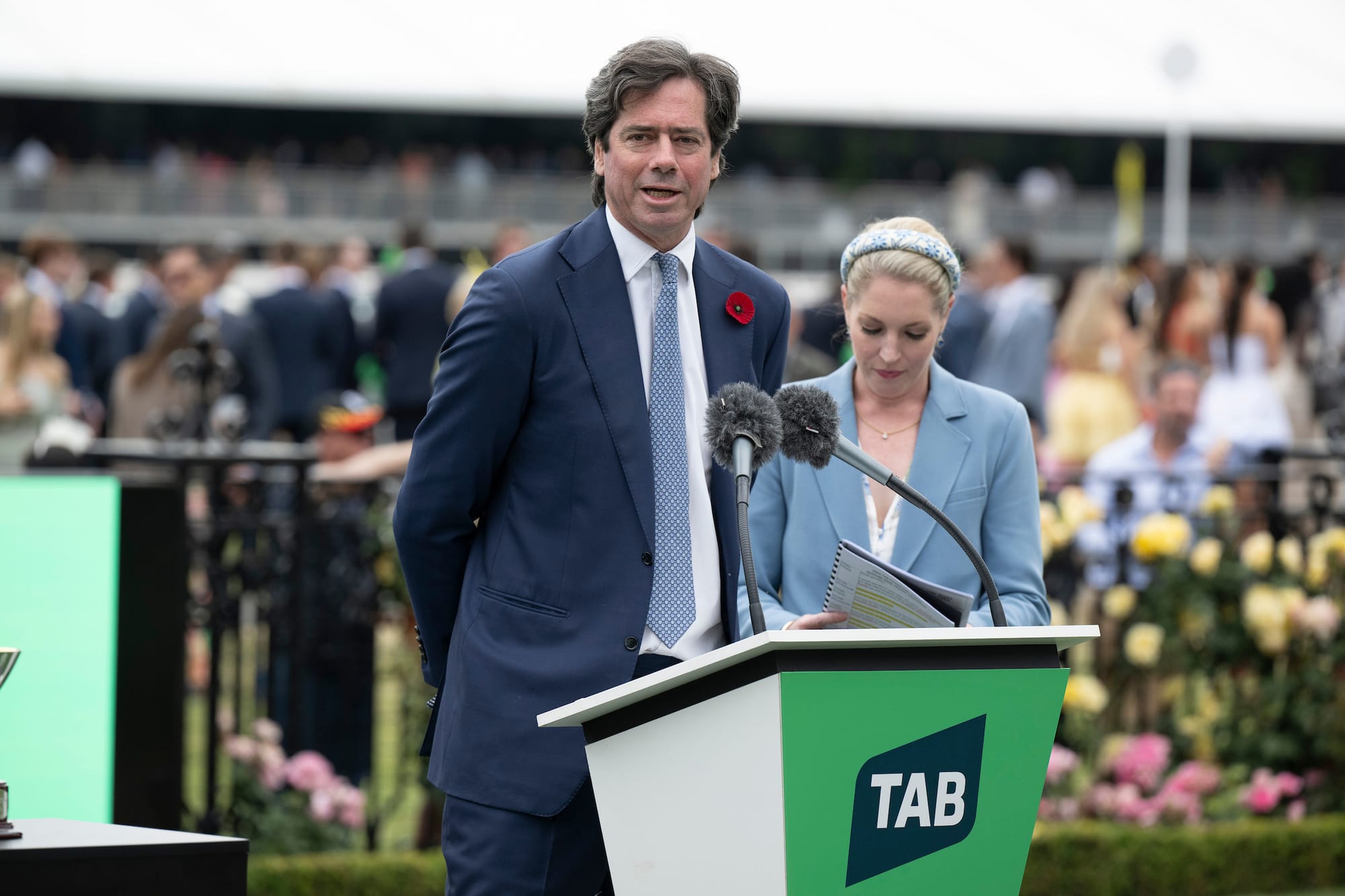
“The improvement in earnings also reflects our refreshed customer offering as we activate unique offers such as the TAB Takeover and TAB Time that bring to life our omnichannel assets, and the seamless commencement of the new Victorian licence, which is delivering earnings in line with expectations given soft trading conditions,” McLachlan said.
“Now that we are digitally competitive, our focus has broadened to using our entire asset base to create the ultimate sports and racing entertainment experience. This is the omnichannel offering that will drive growth in the future.”
McLachlan said this was just the beginning of the company’s path forward, and a national tote approach remained firmly on the agenda. He was hopeful that would occur in this financial year.
“You will continue to see greater integration between all of our assets. We will continue to increase our focus on tote and tote innovation. A national tote remains a key goal and we will be working collaboratively with industry to try to achieve this,” he said.
“When I joined Tabcorp I said I was drawn to the value that can be unlocked within our unique set of strategic assets, but to do that we needed to get fit.”
“Today we are a fitter business. A business with an improved cadence, a simpler, more cost-effective operating model and an improved culture of cost and capital discipline. We have a clear strategy and clear lines of accountability that are allowing us to execute on a bolder strategic plan.”

